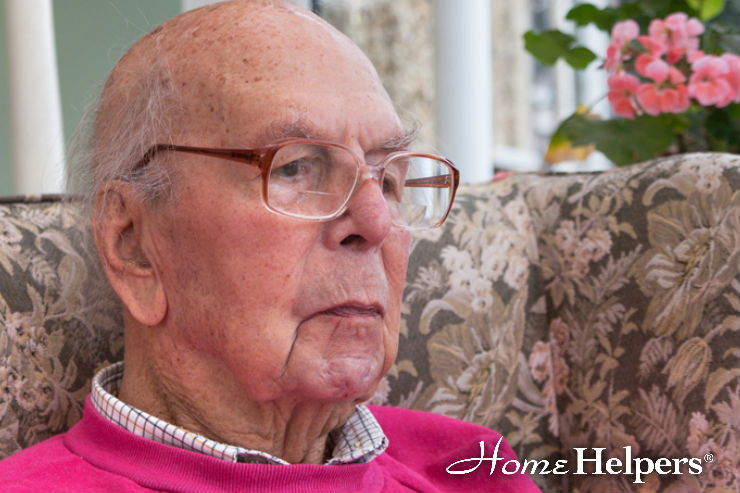One of the hardest things seniors face as they grow older is knowing they may need assistance and asking for it. Everyone wants to be independent and healthy as long as possible and most seniors fear to be a burden to their loved ones above all else.
If your older adult is showing signs of needing more care and assistance to have a full life, it’s best to approach it slowly and transition gradually. Read on to discover our tips and suggestions about easing your loved one into assisted living.
Signs Your Senior Loved One Needs Assistance
- Illness or other medical conditions. If your loved one has just been diagnosed with an illness that will affect their ability to care for themselves, you will need to have the conversation with them about accepting assistance. Often, this manifests itself in daily tasks. Just be aware of the functions of daily living and look for signs of difficulty.
- Driving. It’s really tough to take the car keys from a senior loved one, but if you’ve noticed minor accidents, or if their vision, hearing or reflexes have declined, it’s time to intervene for the safety of everyone involved.
- Nutrition and Eating Habits. Watch for signs of weight loss or out-of-date food in the fridge. If your loved one is either not eating well or not able to cook their own meals any longer, you should see about getting a service such as Meals on Wheels.
- Hygiene. Take note of laundry piling up and not getting washed, or if your loved one is going too long without bathing or doing other personal hygiene tasks.
- Behavioral Changes. Have you noticed your loved one displaying mood swings or becoming depressed? Are they more withdrawn and anti-social? You may notice that they don’t want to attend events or go places.
- Medication. If you notice that medication is not being taken on time or your loved one is confused about dosages, etc, it is time for assistance
- Finances. Check to see if bills are stacking up, utilities aren’t being paid or if your senior loved one is having difficulty balancing their checkbook.
- Safety. If your loved one is displaying signs of forgetfulness, this is often the first sign of the need for assisted care. For instance, you may find doors and windows aren’t locked when they should be, or candles, stoves or cigarettes aren’t being distinguished safely.
Any one of these concerns is cause for action. A more active role in your loved one’s life may be necessary, or home health aides should be considered. No one knows your loved ones the way you do, so trust your gut if you sense they are not safe to live alone. Try to talk to them about these concerns when they’re doing well so that a plan can be made when the time comes for more assistance.
Keep in mind that simple adjustments may solve many of your concerns. A family member could drop in and check on meals and medication. Seniors may be able to care for themselves well in other areas, and just need someone to make sure they are safe and secure.
If you have determined that your senior loved one needs a deeper level of care, you should consider hiring a home health care worker or other caretaker who is properly trained. Sometimes all that is needed is a caretaker who can come during the day and drive the person to appointments or do grocery shopping. More skilled caretakers can help with occupational therapy, medication management, light cooking, and making sure the senior is safe in bed at night.
If your loved one needs more medical care that can be given in the home, you should explore options for assisted living facilities, nursing homes, or other nursing care. Above all else, speak with your senior loved one’s doctor so that everyone involved feels confident and secure about any decisions. Reach out for help by joining a support group so you can benefit from others who have also walked this road.
Growing older can be daunting, but it need not be scary. We can help you discover your options so you and your older adult can live fulfilling and happy lives!

